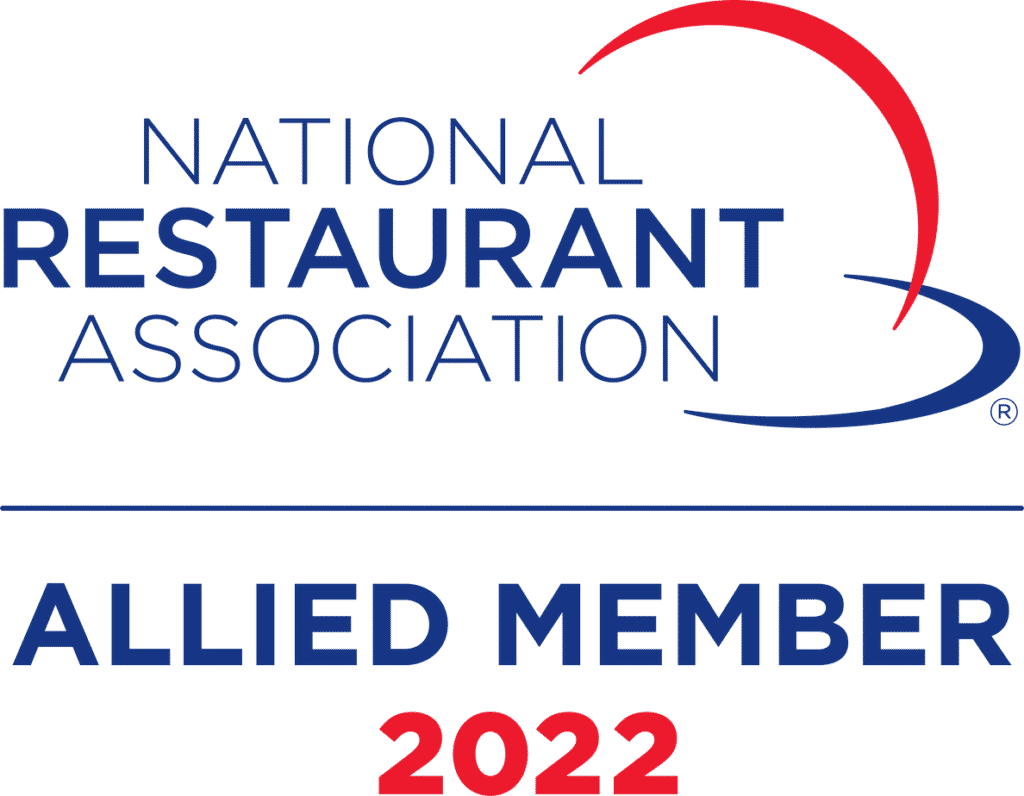Introduction
As a hospitality management professional, you understand that employee management poses unique challenges in the industry. Scheduling, in particular, can disrupt an otherwise smooth day. This article aims to provide valuable insights and tips for scheduling your restaurant staff effectively. By considering the needs of your employees, cross-training whenever possible, and recognizing the process as an art, you can create a positive work environment that fosters employee retention and enhances your restaurant’s reputation.
#1 – Consider Employees When Writing the Schedule
Taking care of both customers and staff should be your top priority when creating schedules. By implementing the following practices, you can prioritize your employees’ well-being:
Consistently post the schedule as far in advance as possible.
Establish clear rules regarding time-off requests to ensure fairness.
Whenever feasible, provide your staff with two consecutive days off.
Avoid over-scheduling or giving excessive shifts to reliable employees to prevent burnout.
Avoid scheduling back-to-back close and opening shifts for staff members.
These simple steps show your commitment to valuing and supporting your valuable employees. By adopting a more humane approach to scheduling, you can foster a happier and more productive team.
#2 – Cross Train Whenever Possible
Taking inspiration from successful organizations like McDonald’s, consider cross-training your staff. Alongside the typical rotation of positions, try exposing employees to different shifts throughout the day. This approach offers several benefits:
Staff members gain valuable experience and skills by working during the busiest shifts.
Rotate staff into the day shift to broaden their expertise.
Engage with employees to understand their learning desires and provide mentoring and training opportunities accordingly.
Gradually increase employees’ responsibilities as they gain more experience.
By investing in cross-training, you empower your staff, boost their morale, and build a more versatile team.
#3 – Recognize That Scheduling is a Process
It is essential to acknowledge that scheduling is an ongoing and evolving process. Patience and a willingness to learn from mistakes are crucial. While setbacks may occur, embracing a fast-paced and flexible approach is essential for success in the restaurant industry. Remember to:
Analyze and learn from any scheduling errors to avoid future challenges.
Seek feedback from your team members to identify areas for improvement.
View scheduling as an art that requires continuous adjustments.
Conclusion
By implementing these three key strategies, you can improve employee scheduling in your restaurant and create a more positive working environment. Taking care of your staff’s well-being, cross-training whenever possible, and embracing scheduling as an evolving process will result in greater employee satisfaction, better retention rates, and a positive reputation in the market.
Consult with the Experts
If you’re experiencing scheduling issues, Gecko Hospitality’s knowledgeable team members are here to help. Contact us for support in finding top talent in the restaurant and hospitality industry.





